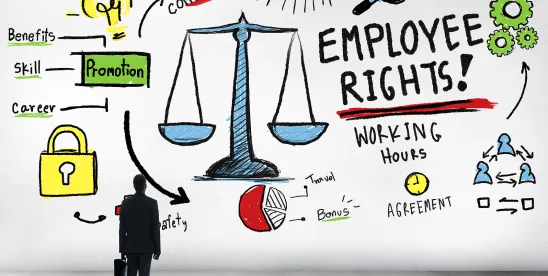On June 17, 2024, the U.S. Supreme Court agreed to take up a wage and hour case, E.M.D. Sales, Inc. v. Carrera, to address a circuit split regarding the standard of proof that employers must satisfy to show that employees are exempt from the minimum wage and overtime requirements under the Fair Labor Standards Act (“FLSA”).
Generally speaking, the FLSA requires that most employees in the United States be paid at least the federal minimum wage for all hours worked and receive overtime pay at not less than time and one-half the regular rate of pay for all hours worked over 40 hours in a workweek, unless the employee falls into one or more of the FLSA’s statutory exemptions.
There’s no dispute that employers have the burden to prove that employees fall within one of the FLSA’s exemptions. The Supreme Court is, instead, poised to address the precise burden of proof that employers must satisfy in order to meet that burden. In the underlying case, the United States Court of Appeals for the Fourth Circuit held that the employer had the burden to prove that its employees satisfied the FLSA’s exemptions by “clear and convincing evidence,” rather than by the less stringent “preponderance of the evidence” standard applied by other circuit courts.
Many suspect that the Supreme Court will formally adopt the less-demanding standard, given its recent employer-friendly FLSA decisions. In 2018, for example, the Supreme Court rejected the then-longstanding principle that FLSA exemptions should be “narrowly construed,” holding instead that the FLSA exemptions should merely be given a “fair reading”—a win for employers.
This case comes at a time when the FLSA’s exemptions are back in the spotlight. As we’ve previously reported, the U.S. Department of Labor published a new rule in April 2024, purporting to raise the salary threshold for some of the FLSA’s exemptions. The future of the final rule is unclear in light of recent litigation.
Given the importance of these issues to retail employers and the prevalence of exemption-related cases in the retail context, retailers should continue to watch this space for further developments.





 />i
/>i
